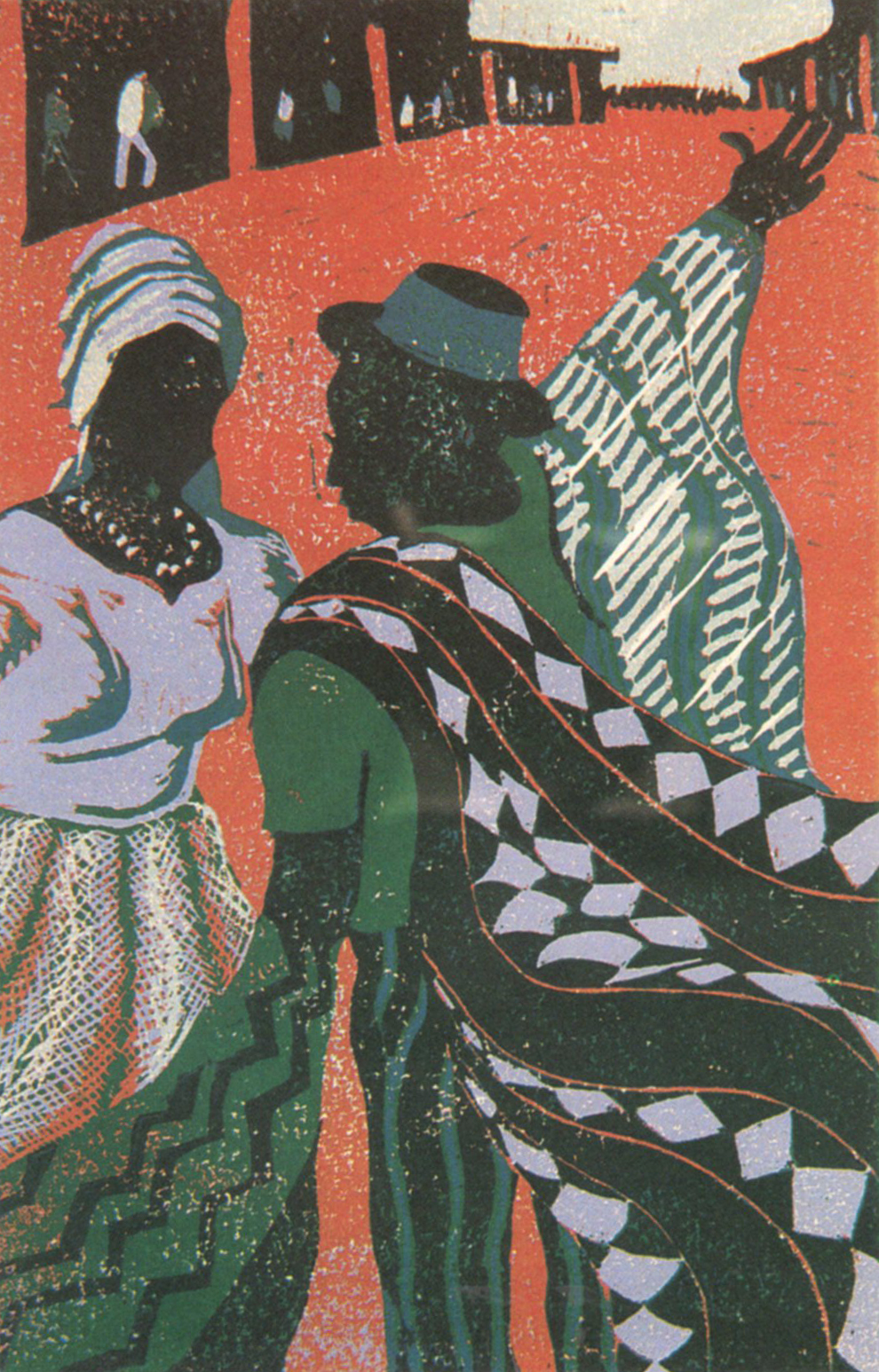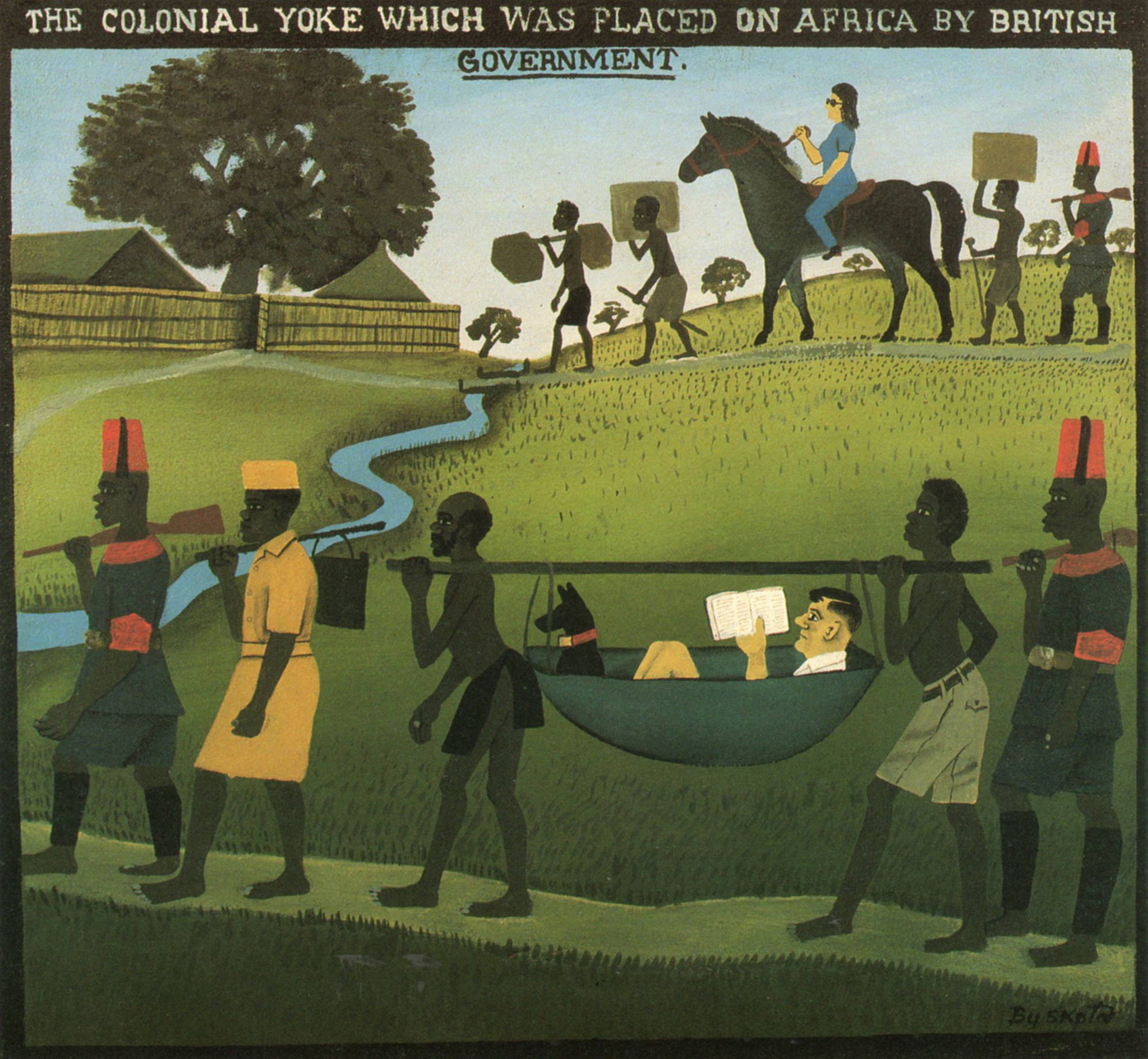Zambia in 1990
Date of independence: 24 October 1964
Population: 8 million
Effects of South African destabilisation, 1980-88
(Source: United Nations Economic Commission for Africa)
- 750 war-related deaths
- 250 000 Mozambican refugees, costing US$50 million (1988) excess defence spending US$1.25 billion
- excess transport costs US$250 million
Zambia only emerged as a nation with the beginning of British colonial rule at the end of the nineteenth century. Prior to this there were a number of very highly organised kingdoms, including those of the Lozi, the Lunda and the Bemba.
Under the British South African company, white immigrant farmers set up commercial farms along the line-of-rail. Copper mines were developed by American and British Companies, and migrant labour became a major feature, with the resultant destruction of indigenous agricultural economies. Massive and continuing labour migration has given Zambia the largest percentage of urban population among independent African states.
The African National Congress (ANC) was formed in 1951. In 1953, in response to white settler agitation, the Central African Federation of Rhodesia and Nyasaland was formed. To the African population, the Federation epitomised the worst forms of racial discrimination, economic exploitation and colonial hypocrisy. In early 1960 the most militant elements in the ANC formed the United National Independence Party (UNIP). UNIP led a series of mass actions, pressurising the British Government to end federation and grant independence in 1964. Kenneth Kaunda has remained the head of a UNIP government since Independence. In 1972 Zambia became a one party state with the banning of all political opposition by the government.
Zambia’s consistent support of liberation movements fighting in Rhodesia and South Africa, and especially Kaunda’s backing of Nkomo’s ZAPU, led to bitter reprisals from the Rhodesian government.
Zambia’s economic life is dominated by the mining of copper. zinc and cobalt, which are the chief exports. Agriculture has never been properly developed although the potential is great. Zambia has suffered acute economic difficulties, particularly since UDI and the fall in world copper prices, and is increasingly dependent on a variety of western states and financial institutions.
Zambia has devoted large sums to education and health, roads and communications, and state bureaucracy, mostly to the benefit of the urban-based elite. The rural and urban poor suffer in consequence.



